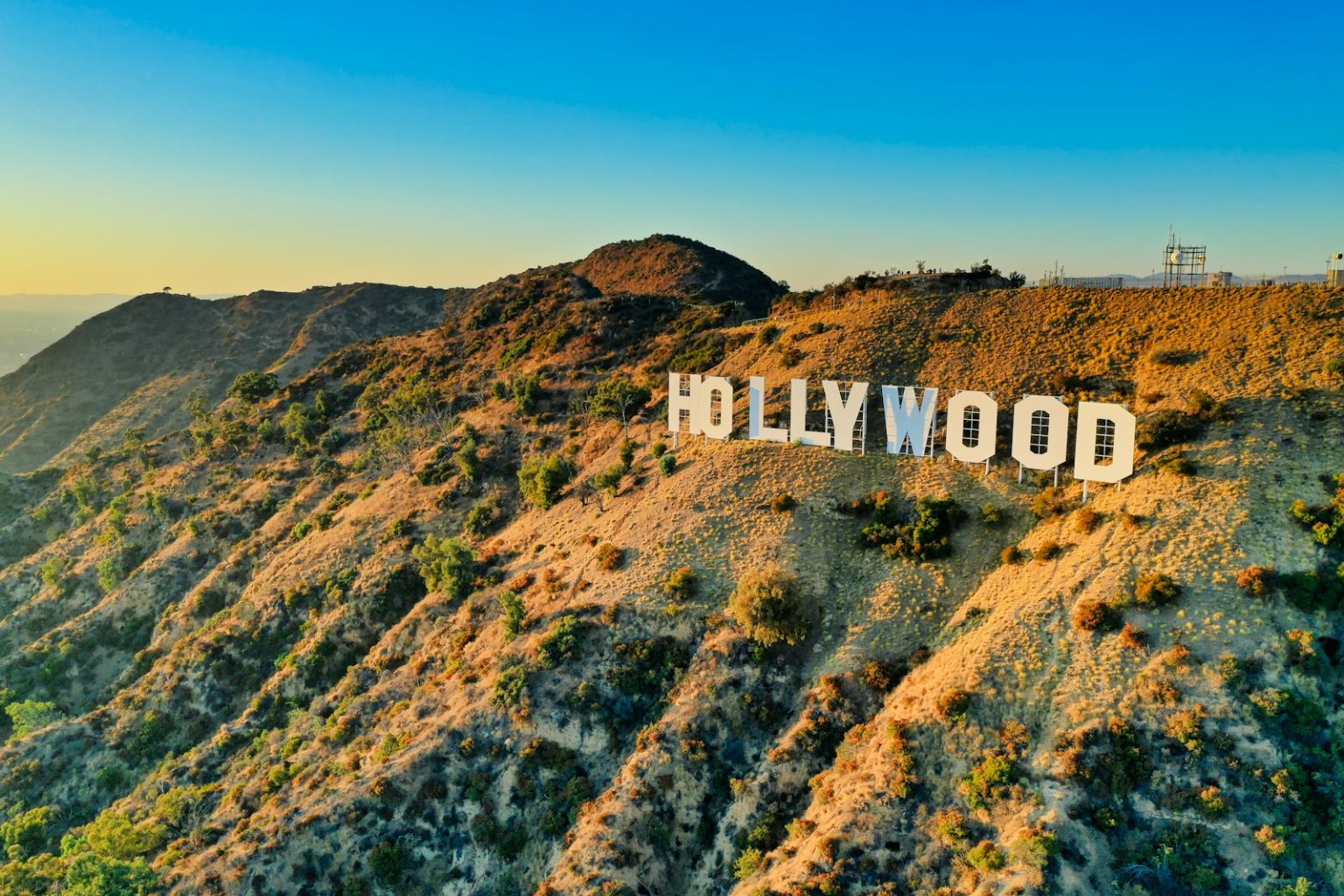The podcast episode explores how the entertainment business that now symbolizes California glamour originally established itself on the opposite coast before migrating westward. This historical journey reflects the film industry’s adaptability and willingness to relocate for business advantages.
From East Coast to West Coast
Long before Hollywood became synonymous with American cinema, New Jersey served as the initial hub for early filmmaking. The state’s proximity to New York City, which was already established as a financial and cultural center, made it a practical location for the nascent film industry.
The migration to California came later, driven by several factors that made Los Angeles an attractive alternative. Year-round favorable weather for shooting, diverse landscapes within short distances, and—perhaps most importantly—distance from Thomas Edison’s patent enforcers all contributed to the westward shift.
Edison’s Motion Picture Patents Company, established in New Jersey, had created a monopolistic hold on early filmmaking technology. Filmmakers who moved to California gained geographic distance from Edison’s legal reach, allowing them greater creative and business freedom.
Evolution of Business Models
The podcast highlights how the film industry has continuously reinvented its business approach throughout its history. From the studio system’s vertical integration to today’s streaming platforms, Hollywood has demonstrated remarkable adaptability.
The episode connects to a related podcast about the origin of the Academy Awards, suggesting how the Oscars became both a marketing tool and cultural institution that helped cement Hollywood’s position as the world’s entertainment capital.
“The glitz! The glamour! The ever-changing business models!”
This exclamation from the podcast encapsulates Hollywood’s dual nature as both a dream factory and a business enterprise that must constantly evolve to survive economic challenges and technological disruptions.
Cultural and Economic Impact
Beyond tracing geographic movements, the episode examines how the film industry transformed from small experimental ventures into one of America’s most significant cultural exports. This evolution represents a classic American business story of innovation, consolidation, and global influence.
The podcast suggests that understanding Hollywood’s origins provides insight into its current challenges. As streaming services disrupt traditional distribution models and production increasingly disperses globally, the industry faces another potential transformation comparable to its original cross-country migration.
The film industry’s economic impact extends far beyond box office receipts. Hollywood creates jobs across numerous sectors, influences tourism, and generates substantial tax revenue. This economic engine began with those early New Jersey studios before growing into the global phenomenon we recognize today.
The historical perspective offered by the podcast demonstrates how Hollywood’s business practices and cultural influence have evolved through economic cycles, technological changes, and shifting consumer preferences.
As the entertainment industry continues facing disruption from streaming services and changing viewer habits, this historical context reminds us that adaptation has always been central to Hollywood’s survival and success.







